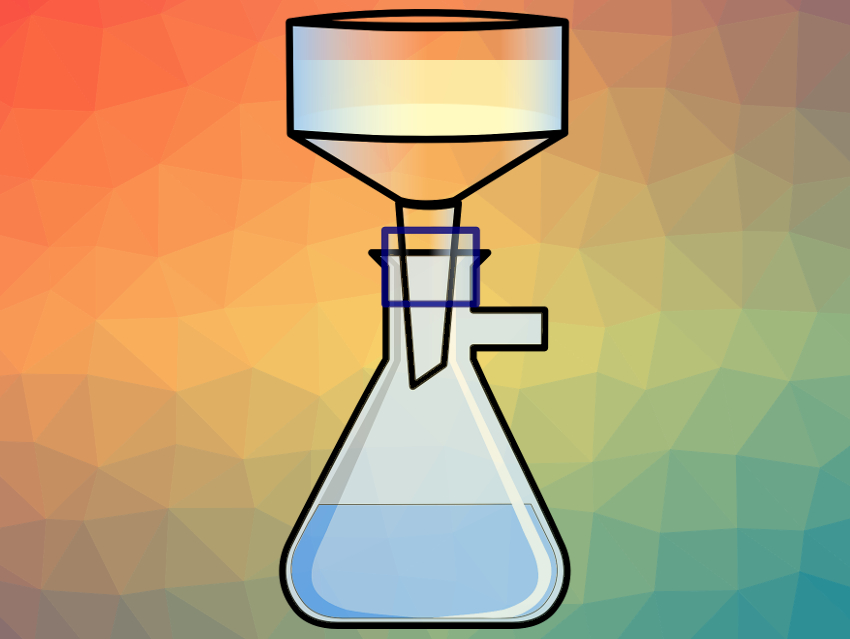Removing oil from water is important to mitigate the environmental impacts of, e.g., oil spills or oily wastewater. Superoleophobic membranes can be used to trap oil and separate it from water. Oily wastewater often also contains other contaminants, such as heavy metals. Using metal–organic frameworks (MOFs) to adsorb heavy-metal ions is one promising approach to removing these pollutants from water.
Dongyun Chen, Jianmei Lu, Soochow University, Suzhou, China, and colleagues have developed a polyacrylonitrile (PAN) membrane loaded with a modified MOF that can separate oil-in-water emulsions and adsorb heavy-metal ions. The team used the zirconium-based MOF-808 as the adsorption material and modified it by adding ethylenediaminetetraacetic acid (EDTA). The addition of EDTA improves the adsorption capacity of the MOF. This modified MOF was then dispersed in dimethylformamide (DMF) together with PAN powder. The resulting mixture was turned into membranes via an electrospinning process.
The resulting membranes are superhydrophilic and superoleophobic, and thus, allow water through while repelling oil. The membranes were used as filters and the team found that they can efficiently separate oil-water emulsions, such as hexane-in-water, gasoline-in-water, and soybean-oil-in-water emulsions. The membranes can remove heavy-metal ions such as Cu2+ or Cd2+ at the same time. The filters can be regenerated by washing them with a solution of disodium edetate (EDTA-Na2) and then reused.
- Modified-MOF-808-Loaded Polyacrylonitrile Membrane for Highly Efficient, Simultaneous Emulsion Separation and Heavy Metal Ion Removal,
Xinyu Chen, Dongyun Chen, Najun Li, Qingfeng Xu, Hua Li, Jinghui He, Jianmei Lu,
ACS Appl. Mater. Interfaces 2020.
https://doi.org/10.1021/acsami.0c10290




